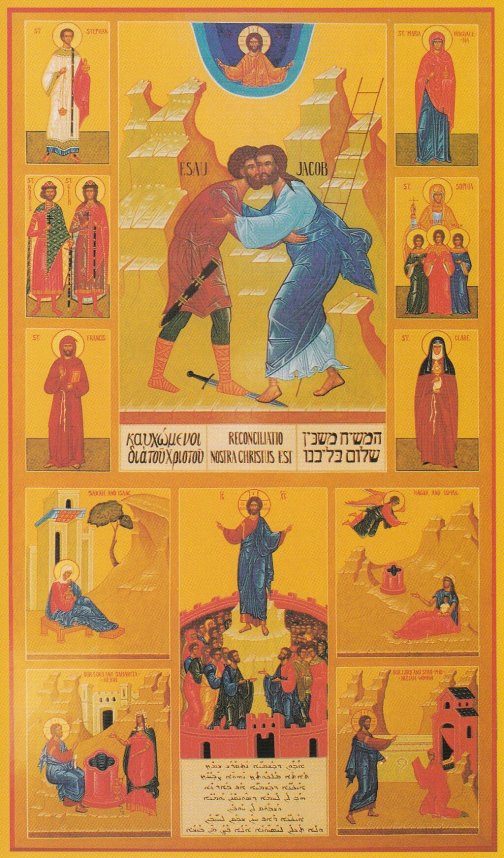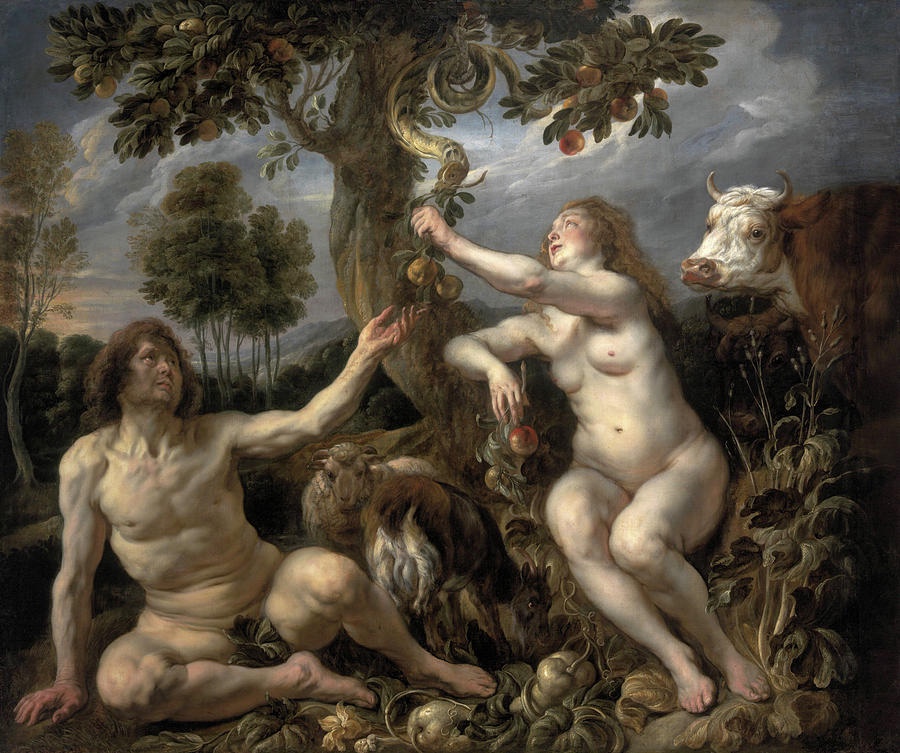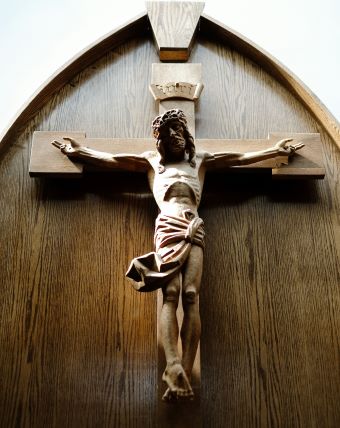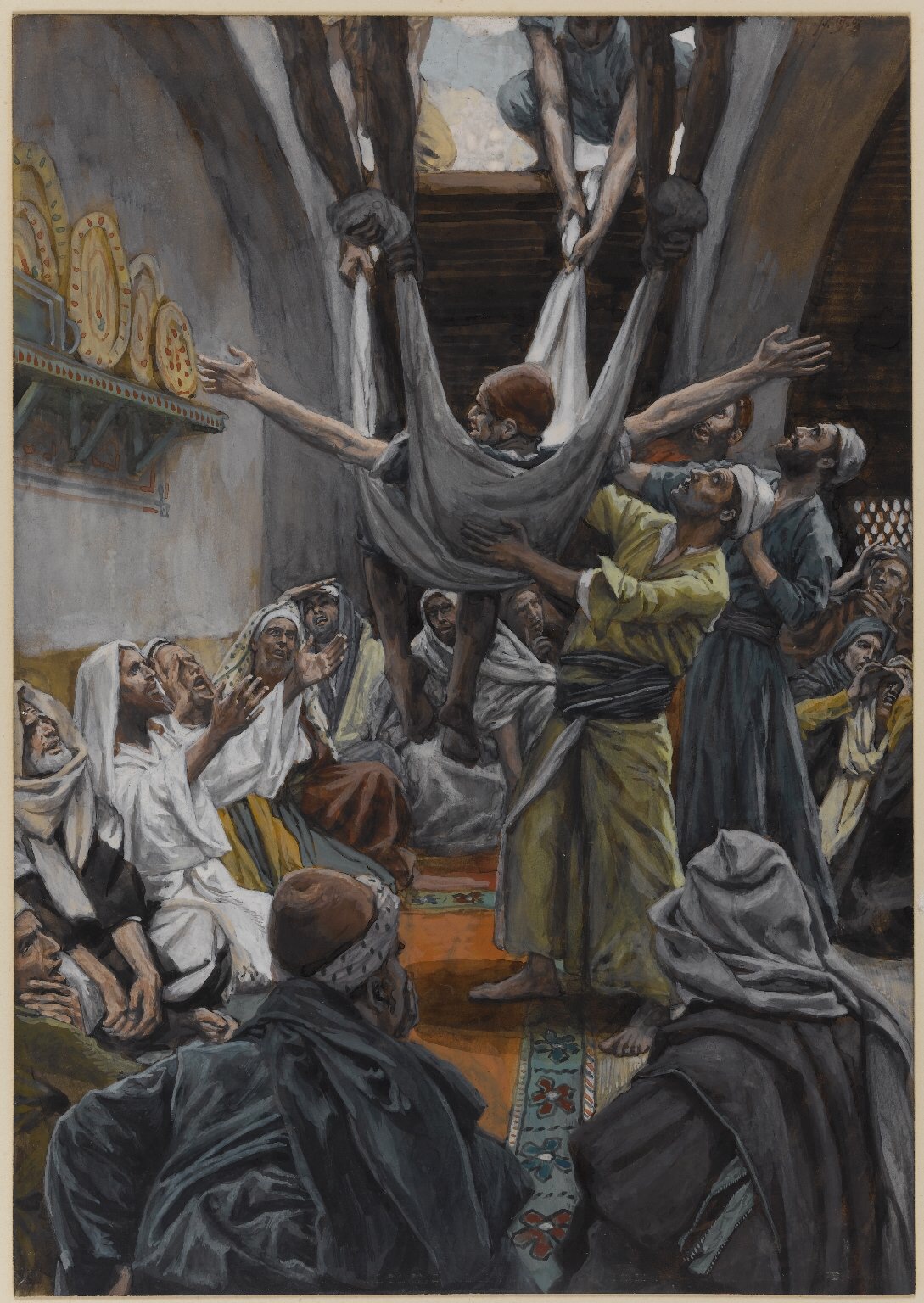“Stop fighting! You are brother and sister, you are going to have to forgive each other!” I can quote many of the sayings my mother would say. But her remarks every time my brothers and I would fight are sayings that will remain with me. My brothers and I would fight all the time. I really do mean all of the time. Looking back at it, I feel guilty for allowing my poor mother to witness her children argue and yell at one another in the most hurtful ways. I know it caused her pain because after each one of our “sibling fights” she would be very quiet and be completely consumed with whatever house task was in front of her. Seeing her children not be loving to each other hurt her.
I know that many of you reading this can relate to having arguments and fights with your siblings. Whether they be little things that annoyed you or big problems that caused many drifts in the family. We have all, at one point or another, had a fight with a loved one.
“Therefore, if you bring your gift to the altar,
and there recall that your brother
has anything against you,
leave your gift there at the altar,
go first and be reconciled with your brother,
and then come and offer your gift”
-MT 5:23-24
In today’s Gospel, Jesus expands on the fifth commandment “you shall not kill”. It is obvious that it is wrong to kill another human being, but Jesus expands the commandment making it more personal and intimate—it is wrong to harbor bad sentiments towards another human being. Wow. This commandment is difficult. Perhaps we think that we might not be the best of people, but we are people that would not kill someone. But, are we people who think bad thoughts about others? Are we people that do get angry and hold grudges towards others? Are we people that are neglectful and uncaring towards those we do not like? Suddenly, the fifth commandment isn’t as simple or as easy to follow.
Jesus explains it clearly. We cannot truly be in a loving relationship with God our Father if we are not in loving relationships with one another. Our relationship with God is dependent on our relationship with each other. As we continue throughout this lenten season—a time of sacrifice—give up the anger, give up the resentment, give up the pride. The small sacrifices that we make during lent—not eating chocolate, less time with video games, volunteering more at a shelter—remember, it isn’t a pure gift to God if we are not in right relationship with our brothers and sisters. Jesus radically changed the moral stage. You do not have to be a murderer to be in violation of the fifth commandment. God seeing his children fight amongst each other hurts him.
But it is fortunate for us that our God is a God of mercy! In the first reading the Lord says that none of our past crimes will be remembered against us if we live because of the virtue we practice.
Carrying anger in our hearts towards others or neglecting them will only keep us away from God. Go and apologize. Forgive. Reconcile with one another. Be at Peace. Let your heart be a place of love.
Blessed Pier Giorgio, at the age of twelve, wrote a endearing letter to his father expressing his remorse at letting his parents down, and knowing that they were upset at him. His gentle heart knew exactly how to repair his relationship with his parents, by saying sorry and meaning it.
“I am confused and miserable and I don’t even know how to write to you; I saw how upset Mama was and I thought about you, so much that I don’t know how to ask for a word of forgiveness. I am also sorry…” – Bl. Pier Giorgio Frassati

—
Image Credit: PAX CHRISTI ICON (Public Domain)




